Search
Remove Ads
Advertisement
Summary 
Loading AI-generated summary based on World History Encyclopedia articles ...
Search Results

Definition
Libation Bearers
The play Libation Bearers was written by one of the greatest of all Greek tragedians Aeschylus (c. 525-455 BCE). Winning first prize at the Dionysia competition in 458 BCE, Libation Bearers was the second play in the trilogy The Oresteia...
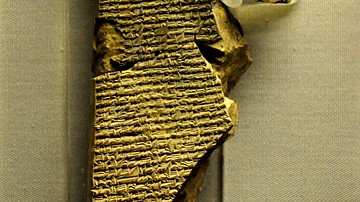
Article
Enuma Elish - The Babylonian Epic of Creation - Full Text
The Enuma Elish (also known as The Seven Tablets of Creation) is the Babylonian creation myth whose title is derived from the opening lines of the piece, "When on High". The myth tells the story of the great god Marduk's victory over the...
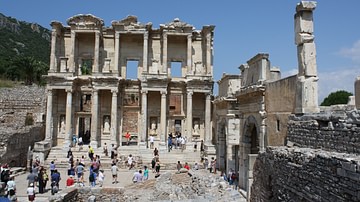
Image
Library of Celsus, Ephesus
Completed in 117 CE, the Library of Celsus at Ephesus was ordered built by Tiberius Julius Acquila in memory of his father Tiberius Julius Celsus Polemaeanus, proconsul (governor) of the Asian province c. 105 to 114 CE.
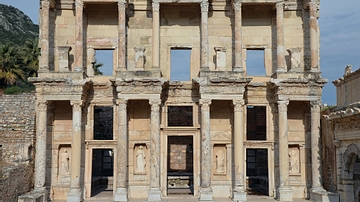
Image
The Library of Celsus at Ephesus
The Library of Celsus at Ephesus was completed in 117 CE. It was built on the order of Tiberius Julius Acquila in memory of his father Tiberius Julius Celsus Polemaeanus, proconsul (governor) of the Asian province c. 105 to 114 CE.

Definition
Gnosticism
Gnosticism is the belief that human beings contain a piece of God (the highest good or a divine spark) within themselves, which has fallen from the immaterial world into the bodies of humans. All physical matter is subject to decay, rotting...
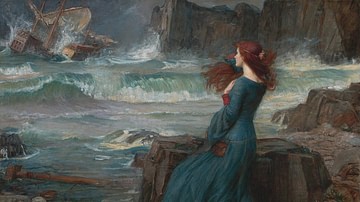
Definition
The Tempest
The Tempest is a play by William Shakespeare (c. 1564-1616), written in 1610 or 1611, and first performed for the court of James I of England (r. 1603-1625) on 2 November 1611. Believed to be the last play that Shakespeare wrote on his own...
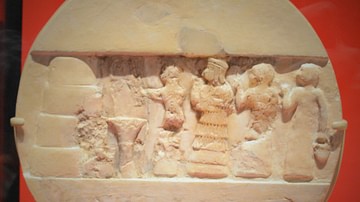
Article
Hymn to Inanna
The Hymn to Inanna (also known as The Great-Hearted Mistress) is a passionate devotional work by the poet and high priestess Enheduanna (l. 2285-2250 BCE), the first author in the world known by name. The poem is significant as one of the...
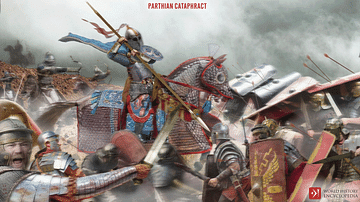
Article
Legions of Mesopotamia, Cappadocia, & Arabia
As the Roman Empire expanded further eastward, annexing territories that were once the domain of the Parthians, the legions of Mesopotamia, Cappadocia, and Arabia were called upon to safeguard these newly acquired territories. Mesopotamia...
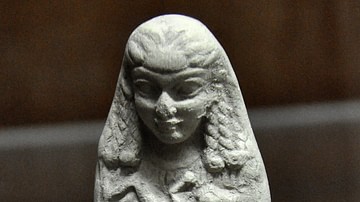
Article
Lullaby for a Son of Shulgi
Lullaby for a Son of Shulgi is a Sumerian cradlesong from the reign of Shulgi of Ur (2029-1982 BCE) written for one of his sons. The lullaby follows a standard form of encouraging sleep through repetition coupled with the speaker's wishes...

Definition
Silk in Antiquity
Silk is a fabric first produced in Neolithic China from the filaments of the cocoon of the silk worm. It became a staple source of income for small farmers and, as weaving techniques improved, the reputation of Chinese silk spread so that...